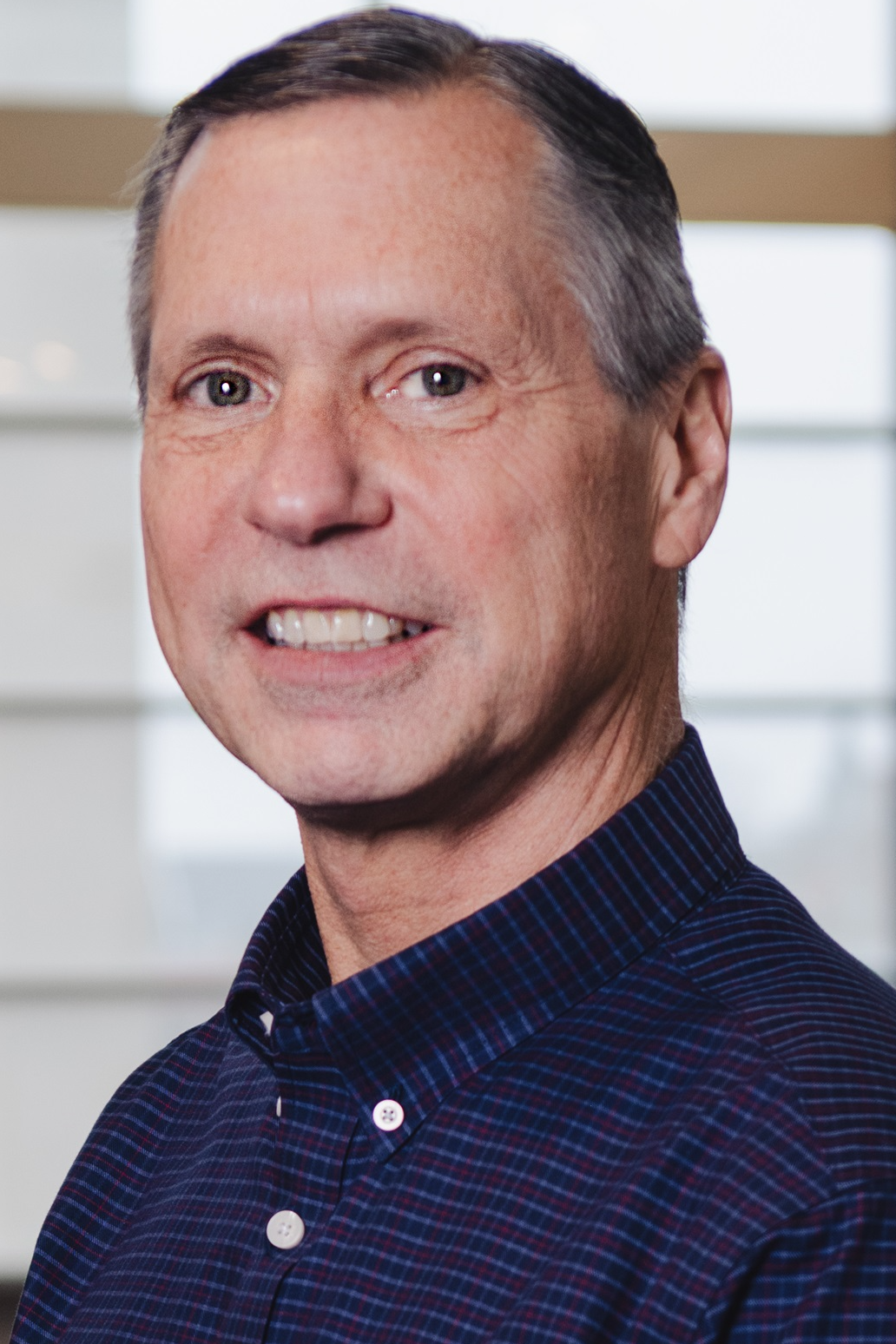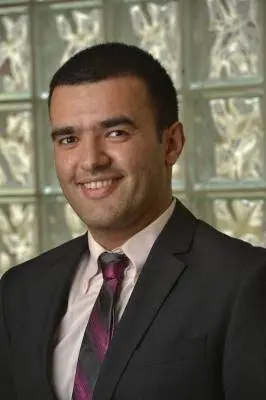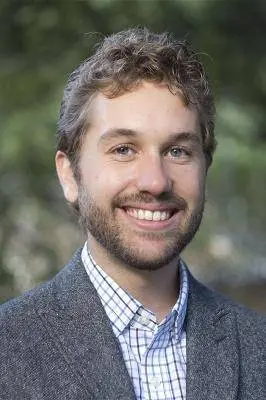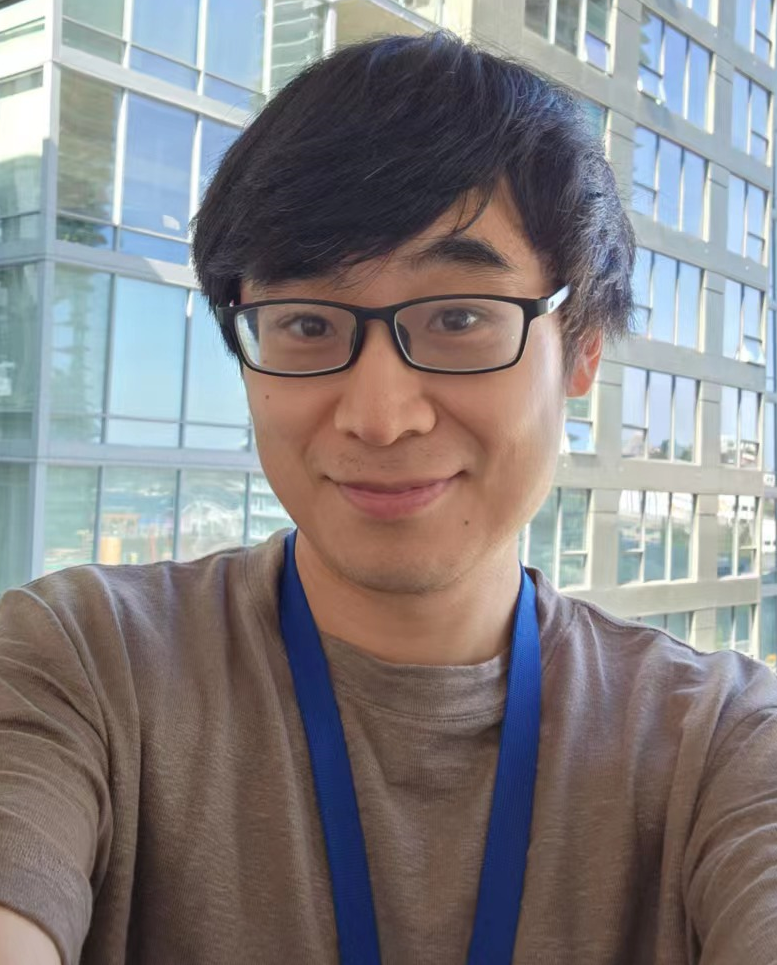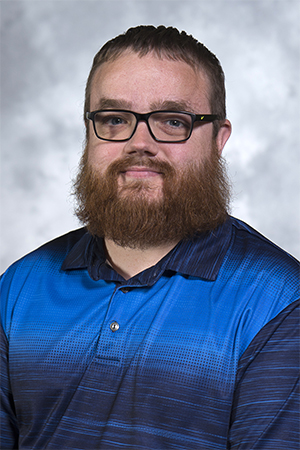Welcome to the CHORUS & CRISP Grand Challenges Workshop 2024
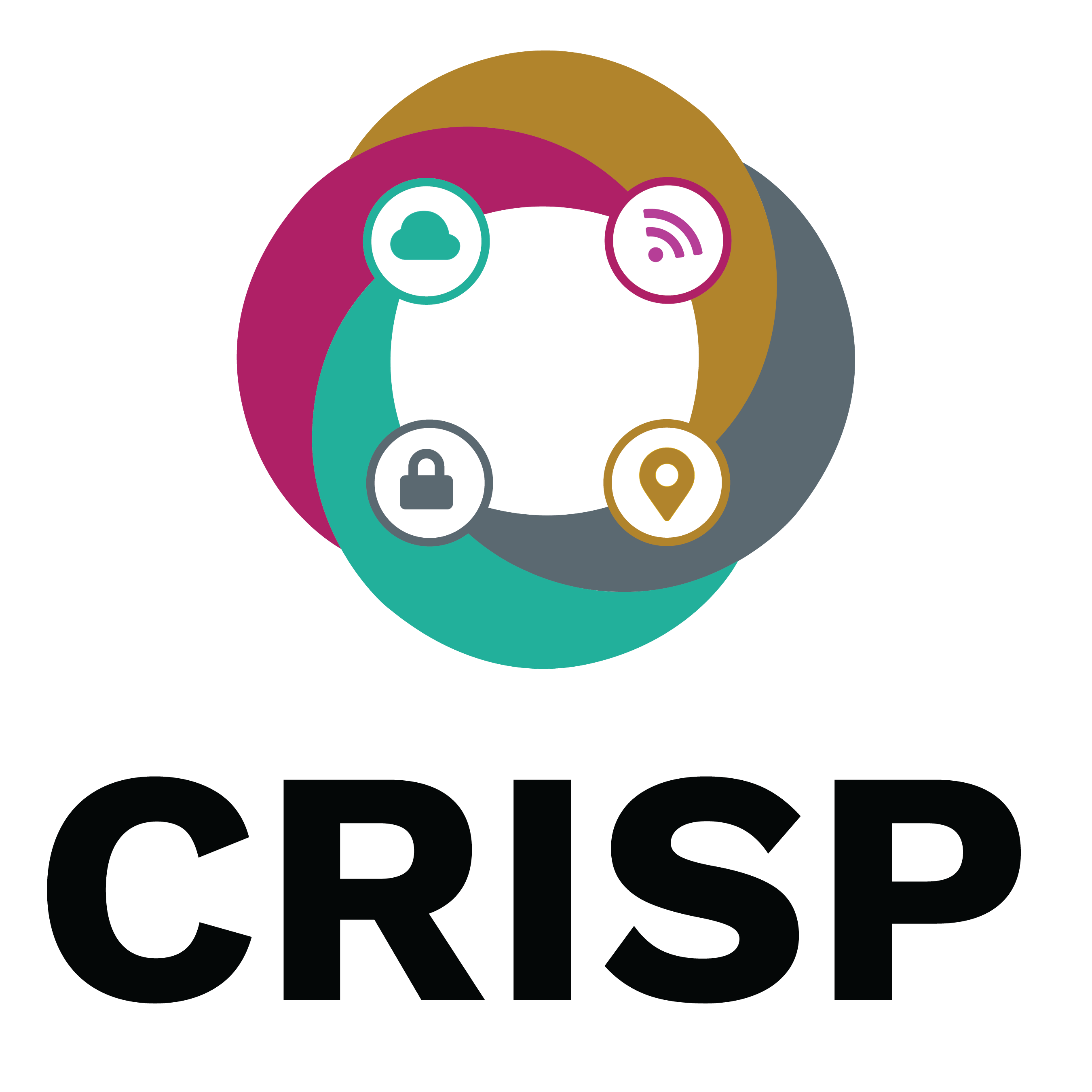





When: November 19-21
Where: Purdue University, West Lafayette, Indiana
Agenda: Detailed Schedule
We are done. For us all, 60 participants, it was an intellectually stimulating event punctuated with many warm moments of connecting. Here is the trove of pictures.



[ Day 1 pictures ] [ Day 2 pictures ] [ Day 3 pictures ]
Updates:
-
All video recordings for the event posted here.
-
Feedback form for the attendees. [ Google Form ]
-
Call for contributing to the Vision Papers. [ Google Form ]
-
Box link with the videos of all our demos. [ WWW ]
-
The poster winners are announced. [ WWW ]
-
Shuttle information for travel to and from the venues is posted. [ WWW ]
-
The detailed program agenda is unveiled. [ WWW ]
-
Banquet on November 20 to be held at the Shively Club.
-
Structure of workshop announced. [ WWW ]
Scope:
This workshop serves as the kickoff event of our NSF Center, called CHORUS, funded from the CISE Directorate, for 2024-29. This is a joint project between Purdue University, Georgia Tech, University of Southern California, and University of Wisconsin at Madison. Our industry partners are GM, Indiana Department of Transportation, Adobe Research, Microsoft, Intel, and Adobe.
Our society is crucially dependent on several interdependent critical infrastructure systems and processes for operating these systems, such as, industrial control systems, IoT systems underlying our smart cities, large-scale cyber systems, and built environments like transportation and building infrastructures. These are subjected to various kinds of hazards and faults, both natural and malicious, often leading to user-visible failures. The technical communities supported by NSF’s CISE and Engineering Directorates have developed scientific methods to analyze the failure modes of the infrastructures and provide engineering tools to systematically build in resilience. This workshop is meant to bring together members of these communities who have focused on resilient and adaptive cyber-infrastructures, resilient cyber-physical systems, and scientific foundations of resilient socio-technical systems.
The participants will be thought and action leaders in the area of resilient systems, drawn from external academic researchers and industrial practitioners. This workshop will highlight the synergies among the domains through discussion of foundational techniques and case studies. Then it will present the salient research and practice challenges that can serve as a call-to-arms for the respective technical communities.
The workshop is made possible through funding by the National Science Foundation, Award #s 2333487, 2333488, 2333489, and 2333491. We also acknowledge support from the Colleges of Engineering and Agriculture and the Office of the Vice President of Research.
Research Themes

Organizing Committee
Purdue University
Georgia Institute of Technology
University of Southern California
University of Wisconsin-Madison
Administrative Support


